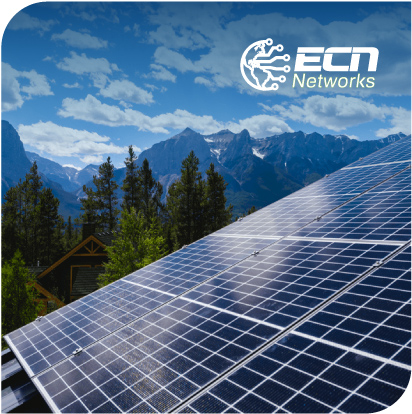We counteract global warming by installing green technologies such as solar energy panels to generate clean energy.
For climate change, energy is a sector that contributes negatively using fossil fuels, which emit greenhouse gases into the atmosphere. But currently there are other sources of energy that do not generate as much impact on the environment, and one of them is solar energy.
The sun’s energy, also called solar energy, is the radiant energy from the Sun that reaches planet Earth in the form of electromagnetic radiation. It is worth mentioning that solar energy is a type of renewable energy, therefore, it is considered a type of clean energy, that is, it does not generate pollutants (or at least not as many as those produced by non-renewable energies), and it is inexhaustible, at least on the human time scale.
What is a solar panel?
A solar panel (also known as “photovoltaic panels”) is a device that converts sunlight, which is made up of particles of energy called “photons,” into electricity that can be used to power electrical charges.
Solar panels can be used for a wide variety of applications, including remote power systems for cabins, telecommunications equipment, remote sensing, and of course for the production of electricity through residential and commercial solar electric systems.

